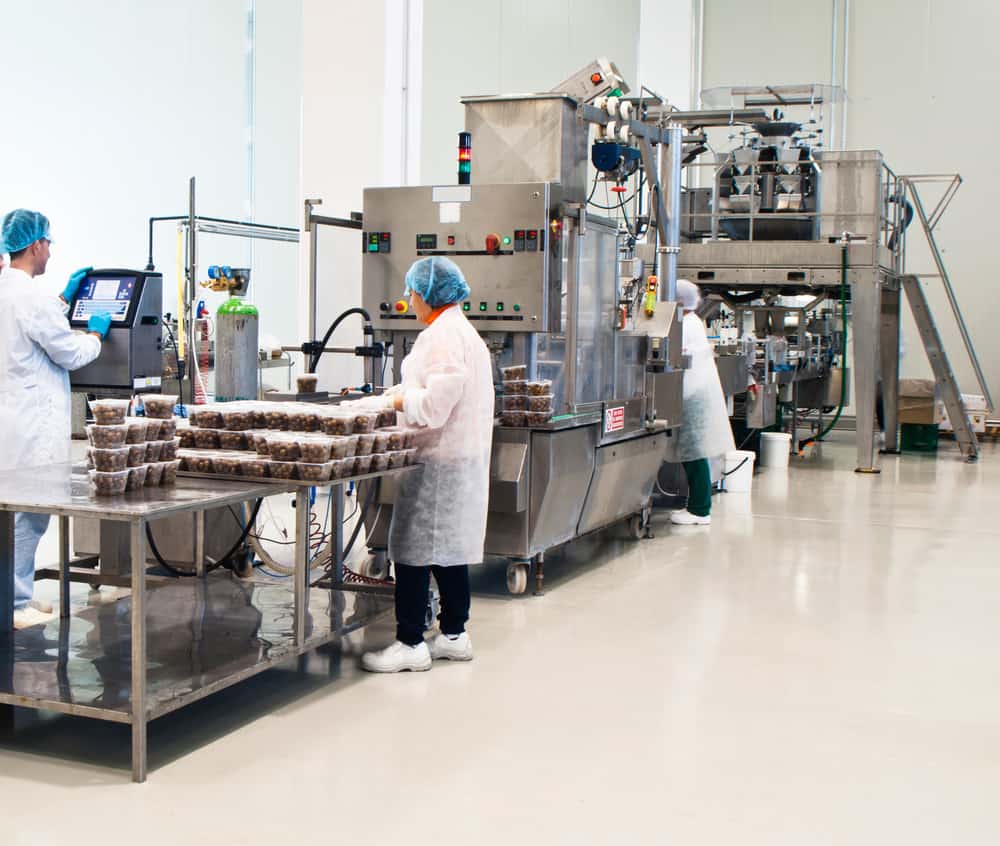The coronavirus pandemic and the economic crisis that was sparked by it have severely affected livelihoods all over the world. In many regions, this situation has a potential to disrupt food supply chains, production, agriculture and forestry as a whole. That is why different international organizations called for measures to ensure food security and pledged to do their best in that direction.
In ASEAN, Ministers on Agriculture and Forestry (AMAF) issued a Joint Statement on April 15 reaffirming their commitment to ensure food security, food safety and nutrition in the region during this outbreak. The AMAF Chair Dato Ali Apong, Minister of Primary Resources and Tourism of Brunei Darussalam said the Association would continue working on ensuring stable supply of food. It is acknowledged that the scope of risks to the region’s agriculture depended on the duration of the outbreak and the severity of containment measures needed. That is why the Ministers also planned to have a study conducted on the challenges and solutions undertaken by each ASEAN Member State, which would help to address these challenges effectively.
But the situation is reported to be rather tough. In Bali, Indonesia, for example, people are likely to struggle amid the crisis because 80% of the island’s GDP is based on tourism. In the past, many traditional land owners who used the lands to produce rice sold them for development of tourist infrastructure. That means that this region is not only going to fail to get enough money but also may get into a catastrophic situation with food supply.
Chief Economist at the Food and Agriculture Organization of the United Nations Torero Cullen said that the solution to the crises requires coherent and robust plans for food systems. He underscored that global food trade had to be kept going
Source: ASEAN, FAO

